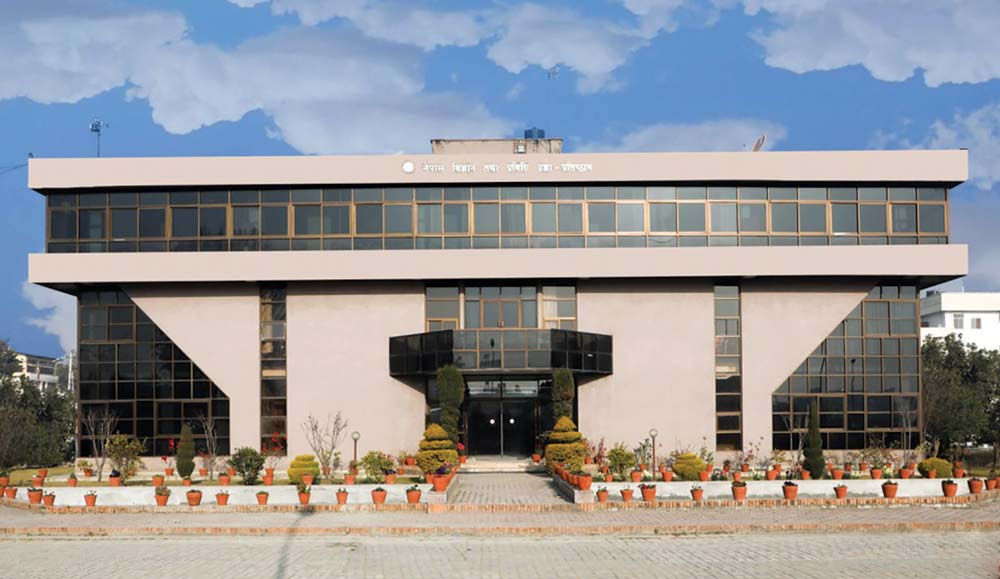Nepal Urged to Embrace Science Diplomacy for Technological and Economic Growth

Kathmandu, November 11 - At a recent gathering in Lalitpur, experts from various scientific and technological fields underscored the urgent need for Nepal to develop and implement a strategy for science diplomacy. This call was made during the 'Science Diplomacy for Nepal: Advancing Science and Technology Promotion' event, organized by the Science Diplomacy and Science Technology Promotion Committee under the Nepal Academy of Science and Technology (NAST).
The event highlighted the historical success of science diplomacy post-World War II, where nations like the USA, Japan, South Korea, the former USSR, Germany, and France leveraged scientific collaborations to achieve significant technological advancements and economic prosperity.
Dr. Sunil Babu Shrestha, former Vice-Chancellor of NAST, emphasized the role of science diplomacy in fostering international relations, citing examples of how it has historically strengthened ties between countries like the USA with Japan and Korea, and even during the Cold War, between the USA and the USSR. "Science diplomacy can be instrumental in innovating new collaborations in critical areas of human development, research, and technology transfer," he noted.
The discussions pointed out the necessity for capacity building within institutions like NAST and among scientists, innovators, and academicians to harness the benefits of science diplomacy. Dr. Shrestha mentioned previous collaborations, including the successful development and launch of a nanosatellite in 2019, as a testament to effective science diplomacy.
Dr. Hemu Kafle from the Kathmandu Institute of Applied Sciences stressed the importance of technology transfer in nearly all sectors in Nepal, advocating for robust stakeholder collaborations. "Effective science diplomacy requires multiple stakeholders to work together," she remarked.
Professor Dr. Mahesh Kumar Maskey highlighted the need for political leaders and lawmakers to grasp the significance of integrating science with diplomacy, especially in the context of achieving the Sustainable Development Goals (SDGs) through cross-border cooperation, particularly with neighboring countries.
The event also touched upon the increasing role of international organizations like the UN and WHO in science diplomacy. Participants suggested that Nepal should focus on nurturing young scientists, promoting international collaborations, enhancing NAST's authority, and boosting investments in research and development.
Dr. Madan Lal Shrestha, an academician at NAST, proposed mechanisms for regular engagement between NAST and key government ministries, alongside fostering ties with institutions like the Nepal Bureau of Standards and Meteorology.
The consensus at the event was clear: for Nepal to advance technologically and economically, embracing science diplomacy is not just an option but a necessity.
